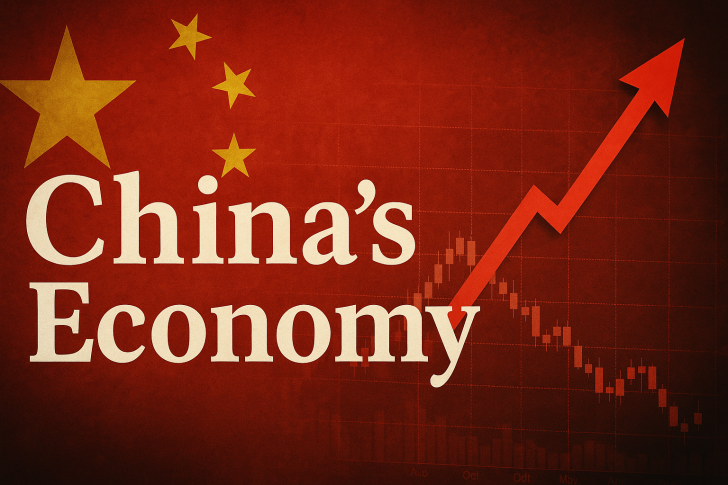China is gearing up for a massive economic transformation that could reshape global power dynamics. Instead of relying on exports and foreign demand, Beijing wants to build the world's largest self-sustaining economy.
The Consumption Problem
According to MoneyRadar, China's GDP could nearly match the current U.S. economy within five years. The catch? Chinese households need to start spending—a lot more.
Here's the issue: China's growth model has always been driven by exports and infrastructure, not consumer spending. World Bank data shows that household consumption accounts for just 39.6% of China's GDP—the lowest among major economies. Compare that to the U.S. at 67.9%, Japan at 55.5%, the EU at 51.6%, and a global average of 56.4%.
This gap exists because Chinese households tend to save heavily due to limited social safety nets and economic uncertainty. For China to sustain long-term growth, it needs to flip the script—moving from investment-heavy expansion to consumer-led demand.
Why This Matters Globally
This isn't just an economic shift—it's geopolitical. China can successfully stimulate domestic demand, it reduces its dependence on global exports and weakens Western economic leverage. The U.S. recently agreed to lower tariffs on Chinese goods from 34% to 10% in exchange for renewed soybean purchases—a small but telling sign of recalibration. A China that doesn't need U.S. markets would drastically alter the balance of power.
Beijing faces some tough structural challenges in making this transition happen:
- Income inequality limits how much the average household can spend
- Aging population puts pressure on social systems and dampens spending appetite
- Property sector troubles continue hurting household wealth and confidence
To tackle this, China has rolled out tax cuts, consumption incentives, and welfare reforms. The government is also pushing digital services, green energy, and homegrown brands to build consumer confidence and create a more self-reliant economy. Whether it works remains to be seen—but the stakes couldn't be higher.
 Saad Ullah
Saad Ullah

 Saad Ullah
Saad Ullah


